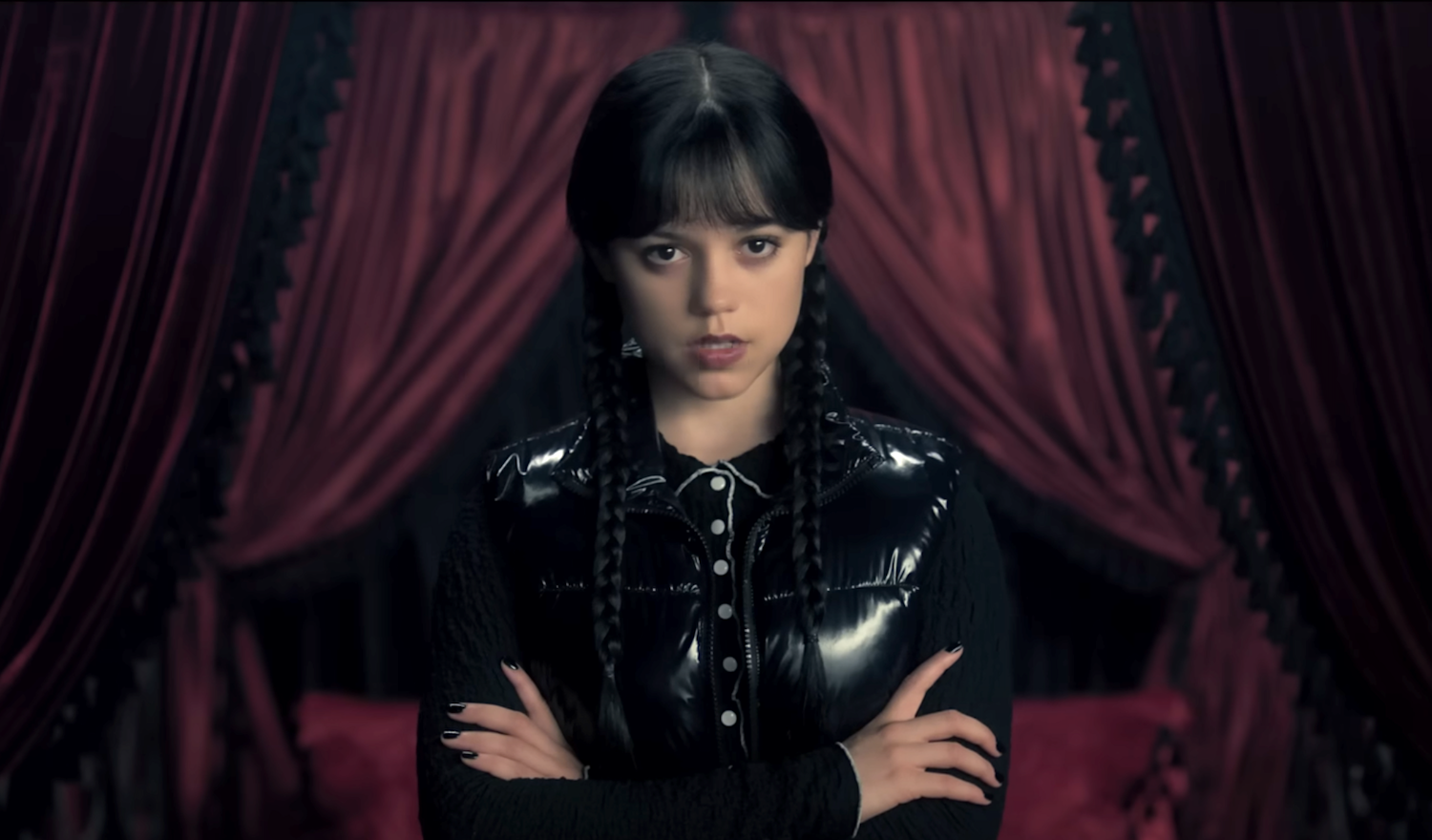Netflix’s hit series “Wednesday” has returned for its second season, with the first four episodes released earlier this month. While the show continues to attract a dedicated fan base, critics have noted a significant departure from the family-centric themes that characterized the original Addams Family stories.
The first season of “Wednesday,” which premiered in late 2022, was both critically acclaimed and popular among viewers, prompting Netflix to greenlight a third season shortly after the latest episodes dropped. However, the new season’s darker tone and fragmented storytelling have raised concerns about its emotional foundation, particularly regarding the portrayal of family dynamics.
Robert Busek, a cultural commentator, expressed his disappointment with the series’ shift away from the Addams Family’s core values. “The overarching message of the original films was unabashedly pro-family,” Busek said. “Once you get past ‘the creepy and the kooky,’ the Addamses love each other unconditionally.”
In contrast, the current season emphasizes themes of teenage isolation and generational trauma, distancing itself from the familial bonds that defined the earlier adaptations. Critics argue that this change undermines the essence of the Addams Family, which has traditionally celebrated unconditional love and support among its members.
The original Addams Family films from the early 1990s showcased a close-knit family grappling with challenges while remaining united. In the 1991 film, the family embraces an imposter posing as Gomez’s brother, Fester, ultimately reaffirming their bond. The sequel, “Addams Family Values,” further explores these themes, highlighting the family’s resilience and commitment to one another.
In Season 2 of “Wednesday,” the titular character, played by Jenna Ortega, is depicted as increasingly estranged from her family, particularly her mother, Morticia, portrayed by Catherine Zeta-Jones. This estrangement is central to the plot, as Wednesday grapples with her psychic powers and the secrets surrounding them. Critics argue that this focus on conflict detracts from the show’s potential to explore deeper familial connections.
Busek noted that while the first season included moments of familial affection, such as Wednesday’s bond with her Uncle Fester and her reassurance to Gomez, these elements are largely absent in the current season. “Wednesday does not speak to her brother at all, and her interactions with her father are minimal,” he pointed out.
Supporters of the show, however, argue that the exploration of darker themes reflects contemporary societal issues. They contend that the series is evolving to resonate with a new generation of viewers who may relate to feelings of isolation and familial conflict.
Despite the criticisms, some moments of familial loyalty persist in the new season. Wednesday’s protective actions toward her mother and brother suggest that the underlying ties of the Addams Family remain intact, even amid the show’s darker narrative.
As the remaining four episodes of Season 2 are set to be released on September 3, fans and critics alike are hopeful for a return to the more cohesive family dynamics that characterized the original Addams Family stories. Busek concluded, “Under the show’s gritty facade, there remains something stronger, something more truly Addams.”
The evolving portrayal of the Addams Family in “Wednesday” reflects broader cultural trends, but it remains to be seen whether the series can reconcile its darker themes with the beloved family values that have defined the franchise for decades.
READ ICE Arrests Convicted Criminals in Nationwide Operation



